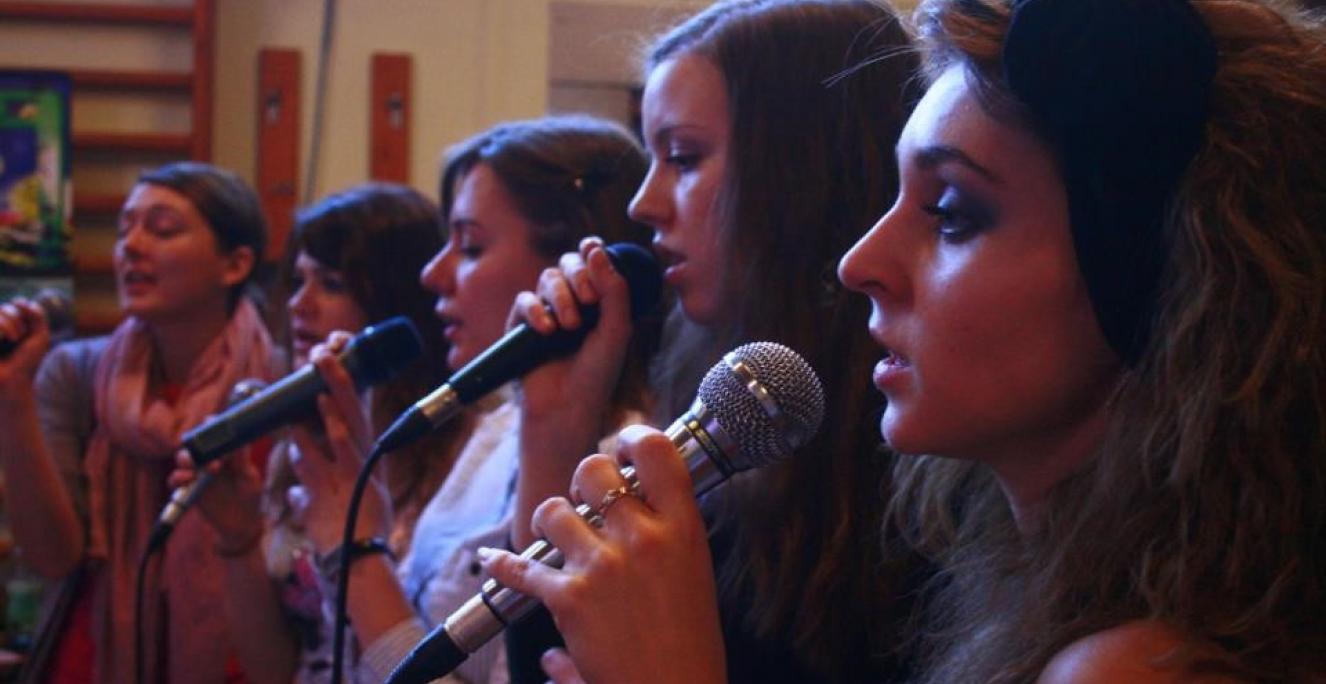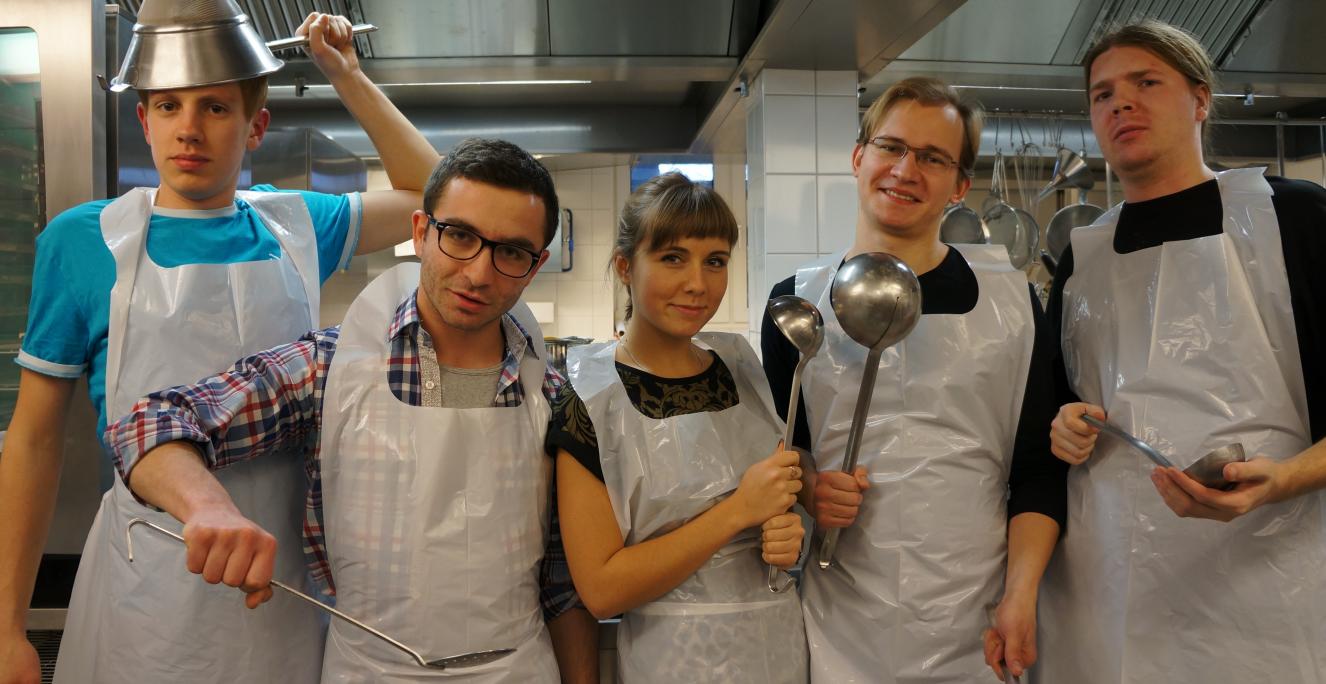Højskole
The Minority Changemaker Programme will take place at a "Højskole". But what is it? Understand the Danish phenomenon here
International students describe the life on a folk high school in Denmark. Video: Højskolerne
The Danish “Højskole” has a long tradition of offering non-formal adult education based on the thoughts of the Danish philosopher N.F.S. Grundtvig.
Although "Højskole" literally translates to “Highschool”, it is academically much closer to university: The typical student at a Danish Højskole is 19 - 25 years old, has finished the “regular” high school / gymnasium and chooses Højskole either before starting further education or in the middle of a university study, where they want to do an alternative a few months.
There are 70 “Højskoler” all over Denmark offering all sorts of different classes and learning opportunities. About 10.000 Danish students choose to attend a Højskole each year.
Usually, a stay at a Højskole last 3-6 months where the students stay and live in their own rooms at the school. The students have classes every day - just as a “normal” school day - and spend their free time, weekends etc. together. The schools are not required by law to offer certain courses or classes, and can thus teach whatever they want; some schools focus on academic topics, some are focused on sports, other focus on drama or art - and others again mix it all up.
There are no exams, no grades, no diploma, no degree, and you can’t really use the Højskole for anything.
Oh, and you have to pay for it.

At Jaruplund Højskole you can study music.
Photo: Jaruplund Højskole
So why on earth would anyone go to Højskole?
Well, because a Højskole offers something you have never tried before. It offers an opportunity to learn stuff not because you have to - because you want to! Imagine gathering a lot of young, skilled, motivated people for half a year, and let them attend class together - and they all care deeply about it! This creates the wonderful and unique atmosphere of the Højskole.
It has been described as a holistic experience: you are immersed at the Højskole all day, every day, together with your friends - and there is a fluent transition from your classes to all the other activities. It all adds up to the most intense learning environment you can imagine.
Because the Højskole is not required to teach a certain way or offer specific classes, the form is free and informal, and students usually get to know their teachers more as persons than as professionals. You learn from your teacher in class, sure, but you also eat together and perhaps even meet each other in the bar on Saturday night.The environment is very inspiring and you get to ask the question that universities and gymnasiums don’t ask:
“Why is this important - for you, in your life, for your family, for your society?”.
The essential element of the Folk High Schools is life at the school. The Folk High School becomes what it is because of the individual persons - teachers, students, staff - not because of the curriculum. Learning happens in mutual exchange in a community across social status and differences where students learn from teachers and vice versa. The dialogue across differences was for Grundtvig the core of life at a Folk High School.

Kitchen duty is part of the 'Højskole'-experience.
Photo: Jaruplund Højskole